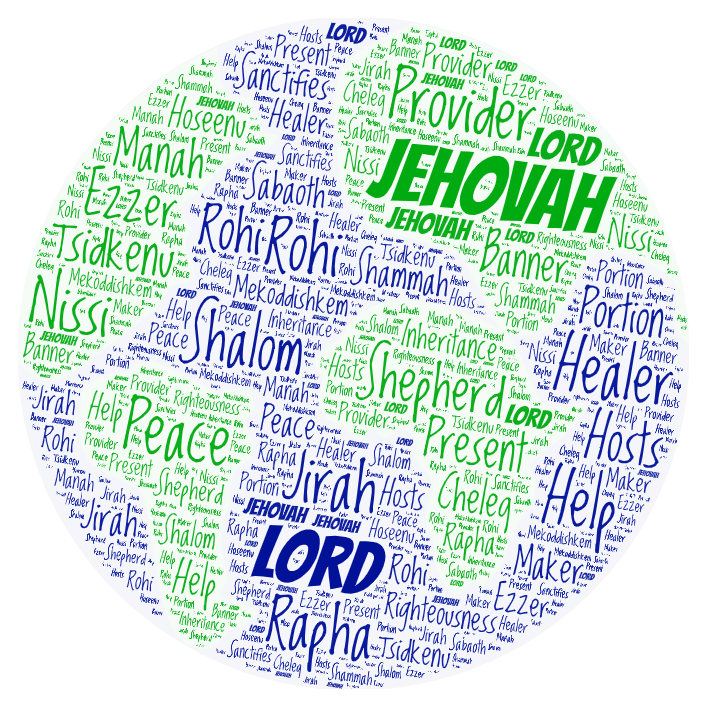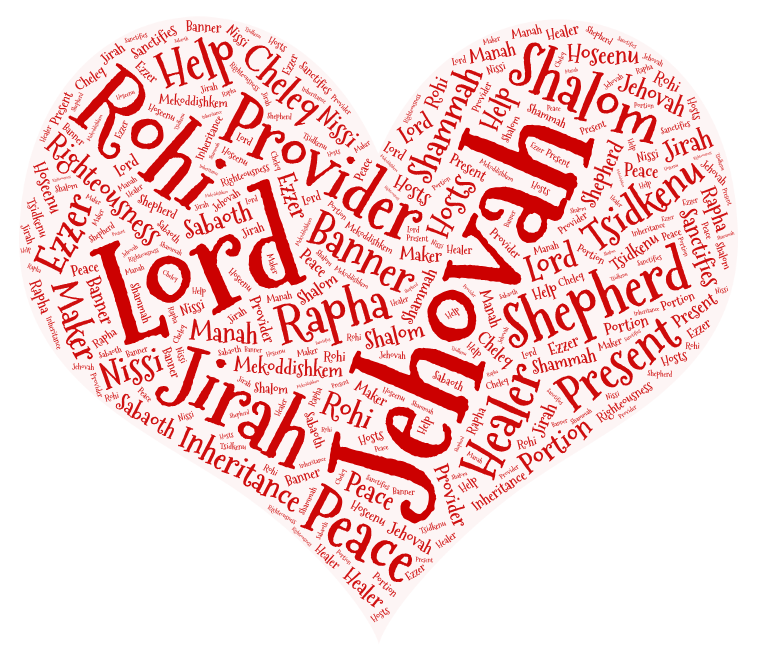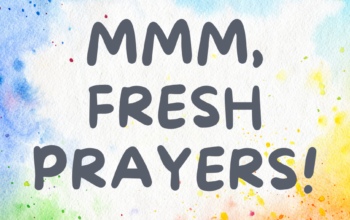An anthropologist, Igor Krupnik, studied the Inupiaq people, who are Inuit natives in Alaska. He documented about 70 terms for “ice,” such as “utuqaq,” ice that lasts year after year; “siguliaksraq,” the patchwork layer of crystals that form as the sea begins to freeze; and “auniq,” ice that is filled with holes, like Swiss cheese.
Language develops to suit the needs of the speakers, and we attach more names to the more critical aspects of our lives. Communicating whether ice is safe to walk on can mean life or death to an Inupiaq person, so it makes sense that they have many names for it. It has been years since I’ve uttered the words “sleet” or “powder snow,” as they don’t happen here on the Oregon coast. We are lucky to get an inch of slushy snow that melts away in a few hours.

The Bible gives us hundreds of names, titles, and descriptions of our incredible, all-encompassing God. Each illustrates a different aspect of His nature, personality, and connection with humanity. The fact that there are so many illustrates God’s immense importance and complexity.
In the original Hebrew, His name was written “YHVH.” Some pronounce it “ Yahweh.” We say, “Jehovah.” The Jews have so much respect for the name they don’t even say it out loud. This name is translated in our Bibles as LORD (in all caps). It is used to make compound names that show different aspects of God. In the well-loved Shepherd Psalm, many of these names are hidden.
| Psalm 23 | The Names of the LORD in Hebrew |
| 1. The Lord is my shepherd; I shall not want. 2 He makes me to lie down in green pastures. He leads me beside the still waters. 3 He restores my soul. He leads me in the paths of righteousness for His name’s sake. 4 Yea, though I walk through the valley of the shadow of death, I will fear no evil for You are with me. Your rod and Your staff, they comfort me. 5 You prepare a table before me in the presence of my enemies. You anoint my head with oil. My cup runs over. 6 Surely goodness and mercy shall follow me all the days of my life, and I will dwell in the house of the Lord forever. | Jehovah Rohi = The LORD, My Shepherd. He takes care of me. Jehovah Jirah = The LORD, My Provider. He will provide. He knows what I need. I might want many things, but I will never be in want of anything that I genuinely need. Jehovah Shalom = The LORD, My Peace. He gives rest. The grass may look greener on the other side, but He wants me to lie down and rest in the green pastures He gave me. He gives still waters to quench and quiet my turbulent soul. Jehovah Rapha = The LORD, My Healer. He restores and heals my mind, soul, and spirit. Jehovah Tsidkenu = The LORD, My Righteousness. Although I may think my path is right, I will seek His path and righteousness, which will bring honor to His name. Jehovah Shammah = The LORD is Present (or Indwells). My life may be dark and troubled, but why am I not afraid? Because He is with me. He is my help. Notice that in the first three verses, the psalmist says, “He makes” and “He leads.” Starting in this verse, after he goes through the valley, he says, “You are” and “Your rod.” Instead of talking ABOUT God, he talks directly TO God. The valley is what brings us face-to-face with Him. Jehovah Ezzer = The LORD, My Help. When the wolf attacks the sheep, the shepherd uses his rod to chase it away. He uses his staff to guide the sheep where they need to go. He protects and guides. Jehovah Nissi = The LORD, My Banner. He fights for me against my enemies. I can feast with Him. No enemy will defeat me or keep me down. My victories are possible because of Him. Jehovah Mekoddishkem = The LORD Who Sanctifies. It means to be set apart for God. People in the Bible were anointed when they were given a special job or purpose. God has a purpose for me. Jehovah-Manah = The LORD my Portion. He’s more than enough. Jehovah Sabaoth = The LORD of Hosts or The Lord of All. God is the ultimate authority. Jehovah Cheleq = The LORD, my Inheritance Jehovah Hoseenu = The LORD, My Maker. He created me and my world and knows how to lead me through it. |



